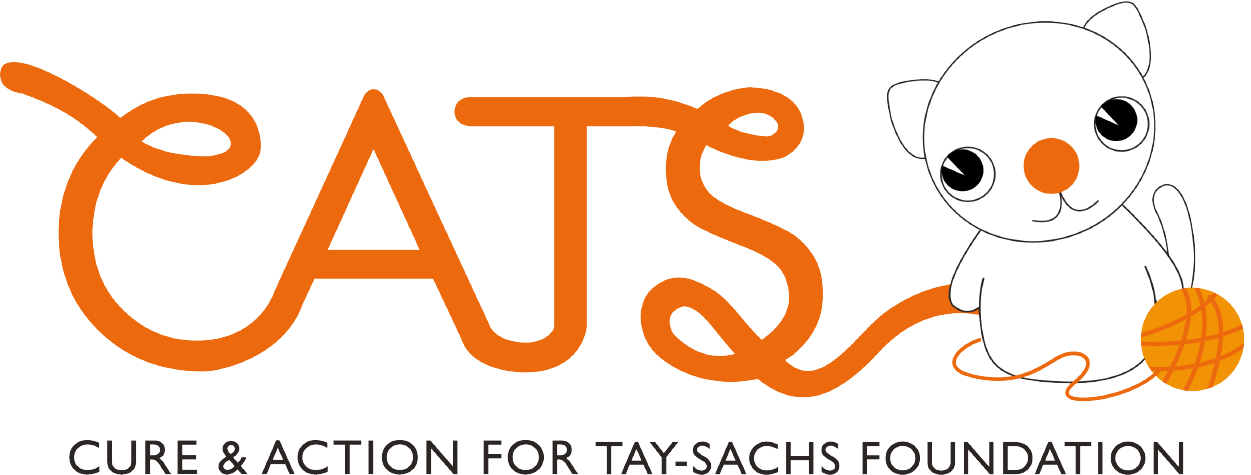
Study identifies red flags of rare disease
Published in Orphanet Journal of Rare Diseases
21st May 2024: A new study, by Medics4RareDiseases, has identified seven ‘red flags, or clinical clues, that point to a patient having an underlying rare condition. The findings have the potential to form a clinical tool to aid earlier detection of ‘rare disease’ in general practice and other non-specialist health services.
Rare diseases share many similarities; often being genetic, multi-organ conditions that manifest in childhood. Patients with these conditions face common challenges such as delayed diagnoses, misdiagnoses and multi-discipline involvement. As well as impact on their everyday lives like schooling and forming relationships.
Back in 2018 M4RD worked with rare disease patients, carers, clinicians and advocates to co-create a survey to investigate the commonalities of rare disease. Patient advocacy groups were then invited to complete the survey and the results have been used to deduce a list of ‘red flags’ that can be used to help identify patients with underlying rare conditions.
Red flags are signs or symptoms that raise the clinical possibility of an underlying disease. While other red flags for rare disease exist they are usually based on clinical findings and therefore require the doctor to already be thinking of an underlying condition. This is the only research that we know of that has brought together the expertise of PAGs from different rare disease areas to paint a more holistic picture of how someone may present with an undiagnosed rare condition.

7 key ‘red flags’ of rare diseases were identified
A 22 question survey was disseminated across rare disease patient groups throughout the UK. The study identified not only common physical signs, clinical presentations and family history but crucially, also included the typical experiences of patients.
The red flags were identified as: multi body-system involvement, genetic inheritance patterns, continued presentation through child and adulthood, difficulties at school (e.g. relating to physical education and absences), multiple specialist referrals, delayed diagnosis and misdiagnosis.
We are so proud of this study which really launched M4RD into the rare advocacy world in 2018 and now is finally part of medical literature. The findings have the potential to inform a valuable clinical tool, for healthcare professionals, such as GPs. We know – from our network of patients, families and advocates – that clinical recognition of ‘rare disease’ can greatly improve patient outcomes. Whilst ‘rare disease’ isn’t a final diagnosis, it is often the turning point in clinical management that directs patients towards the investigation, care and support they need.
A key role of M4RD is to ensure that the collective lived experiences of those impacted by rare disease is recognised in research, medical education and healthcare provision. I would like to thank all of those in the rare community who made this study possible – your generosity in the pursuit of a better future is boundless and M4RD will make sure we use this research for your benefit.
Lucy McKay, CEO of M4RD
The study was recently published in the Orphanet Journal of Rare Diseases. It was authored by Dr Lucy McKay, CEO of M4RD, alongside Dr Mariam Al-Attar and Dr Sondra Butterworth.
It was really rewarding to be part of the Red Flags study in my time as an M4RD Ambassador. I enjoyed this work immensely and it is brilliant to see it published. I hope this will open doors to future work improving early diagnosis of rare diseases, recognising the limitations of conventional diagnostic methods in primary care.
Dr Mariam Al-Attar, Rheumatology Registrar and Clinical Research Fellow
It was a privilege to contribute to this groundbreaking piece of work. Adopting a ‘mixed methods’ approach, to establish findings, was critical in the understanding of rare disease presentations. We hope that the results can be used to form part of a clearer pathway through the healthcare system, for people living with rare conditions.
Dr Sondra Butterworth, Community Psychologist and Mixed Methods Researcher
About Medics 4 Rare Diseases
M4RD is a UK charity that provides free rare disease training for doctors, medical students and other healthcare professionals. It advocates for ‘rare disease’ to be approached and managed as a distinct discipline of medicine. All educational tools and resources are patient-centred, being informed by the charity’s extensive network of patients, carers and advocacy groups. For more information visit M4RD.org
Thanks to all of those who took part in this study, including: AGSD-UK, AKU Society, Albinism Fellowship UK & Ireland, Alex – The Leukodystrophy Charity, ANE International, Aniridia Network, Annabelle’s Challenge, Association for Glycogen Storage Diseases UK, Association for Multiple Endocrine Neoplasia Disorders (AMEND), Ataxia UK, Bardet-Biedl Syndrome UK, Batten Disease Family Association, Beat SCAD, Burning Nights CRPS Support, CAH Support Group, Cavernoma Alliance UK, Charcot-Marie-Tooth UK, Children’s Hyperinsulinism, CSF Leak Association, DC Action, DDX3X Support UK, Dravet Syndrome UK, Fanconi Hope, Fibromuscular Dysplasia Society of UK & Ireland, Gauchers Association, GSD 3, Krabbe UK, Lymphangiomatosis and Gorham Stout Disease, Lynch Syndrome UK, Niemann-Pick UK, Action for XP, Alstrom Syndrome UK, The Cure & Action for Tay-Sachs (CATS) Foundation. Alex, The Leukodystrophy Charity
Thank you to Dr Gisela Wilcox and Dr Gareth Baynam for your clinical expertise in creating the survey. Thank you to Dan Jeffries for providing personal and professional insights to build the survey. Thank you to Costello Medical for providing support writing up and publishing the manuscript at no cost.
Medics4RareDiseases is a charity registered in England and Wales. The team would like to acknowledge and thank the companies who have sponsored the M4RD 2024 work plan: Alexion, Alnylam UK, Amicus Therapeutics, BioCryst, emotive, Orchard Therapeutics and PTC Therapeutics.
Thanks also to our 2024 Donors: Takeda UK, The Hamamelis Trust & The Souter Charitable Trust.
Partners, Sponsors and Donors do not have editorial control over the content or running of this or any M4RD activity. Partnership/sponsorship does not equate to endorsement of any company or its products.
To find out more about how M4RD works with sponsors, please visit: www.m4rd.org/sponsors



